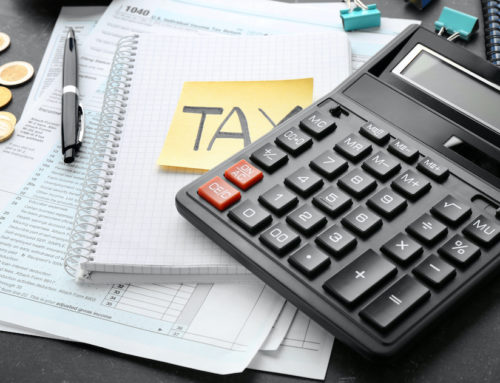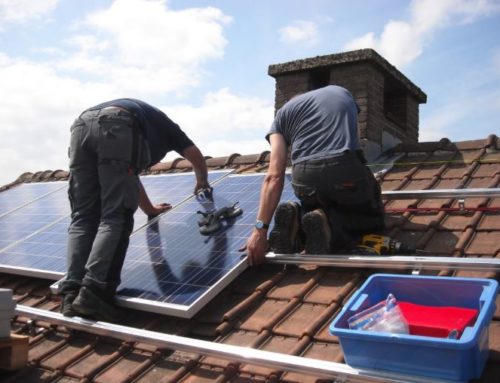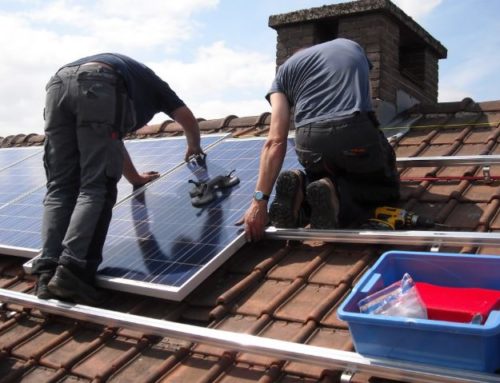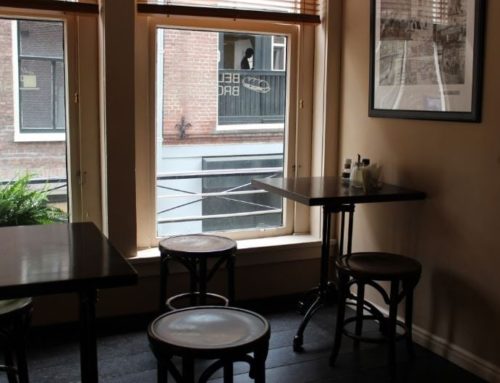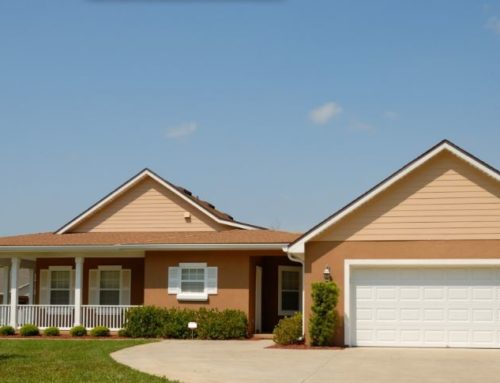
Paying North Carolina Property Taxes Online
In North Carolina, property tax gets paid to the counties. The property gets assessed locally. You won’t see a property tax bill from the North Carolina Department of Revenue. In most counties in North Carolina, the tax lien date is January 1, so if you own the property as of that date, you’re the one liable for paying the property tax.
Still, the N.C. Department of Revenue exercises general and specific supervision over the taxation of property in the whole state. North Carolina General Statute 105-289 covers that. The N.C. Department of Revenue’s Property Tax Division holds the responsibility of supervision. Contact your local property tax office for information regarding your tax bill.
For information regarding your property tax bill (real property and motor vehicles), contact your local property tax office (county telephone numbers). Here’s a handy list of tax offices. To pay property tax online, just go to the online payment center and choose your jurisdiction.
Are You Looking for a Hard Money Loan to Flip a House?
Paces Funding is a hard money lender offering hard money loans to purchase and renovate non-owner occupied residential and commercial properties throughout the Atlanta, Nashville, Florida, or the North and South Carolina metropolitan areas. Our application process for hard money loans is easy. Just fill out this very simple online form and you will be contacted shortly. Unlike other lenders, the window between applying and funding is very small. We have funded properties in as a little as one day, but typically funding hard money loans takes about seven to ten days.
Call us at 404-814-1644 or contact us online to find out whether you might qualify for this type of funding. In the meantime, check to ensure that you meet our loan criteria. Our loan amounts can be up to 65 percent of the after-repaired value of the collateral—and if you use the loan for renovation or construction, the loan amount can be based on the collateral’s improved value.


